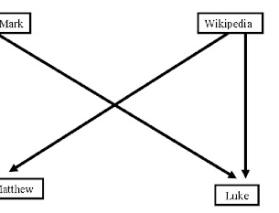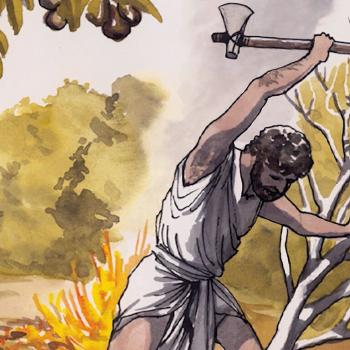I have another example to share of a cultural blind spot that affects how we read a famous beatitude.
I have a great deal of time thinking about the differences between Matthew’s “poor in spirit” and Luke’s “poor,” but less about the more puzzling part, for a reader in a rich country, namely the meaning of “poor in spirit.” Isn’t it more appropriate to say that it is the rich in spirit who are blessed?
But teaching my class on the historical Jesus and thinking about the saying once again, and how it might perhaps be synonymous to having a broken, crushed, or downtrodden spirit, I realized for the first time an assumption that I do not consciously assent to, but which impacts my reading nonetheless.
I had been assuming that poverty – including poverty of spirit – is the poor person’s fault.
At least, I think I had. Why else would I persist in assuming that there is something odd about pronouncing a blessing upon the poor in spirit? I don’t think that it was just that phrases like “full of the Holy Spirit” suggest that abundance rather than poverty is better, although I am sure that was a consideration too.
What do readers of this blog think? Is the expression “blessed are the poor in spirit” only problematic for American readers (and others reading within a capitalist cultural context)? Do others simply assume that the poor in spirit have had their spirits robbed, abused, and diminished through no fault of their own? Or is the socioeconomic context in which I find myself a major influence on how I’ve read this text, even though I am a detractor from the economic system in question?
If I’m correct that the latter is part of the picture, I think it is worth mentioning, since it illustrates that we can be influenced by our culture even when we consider ourselves critics of that culture in precisely the aspects under discussion.













